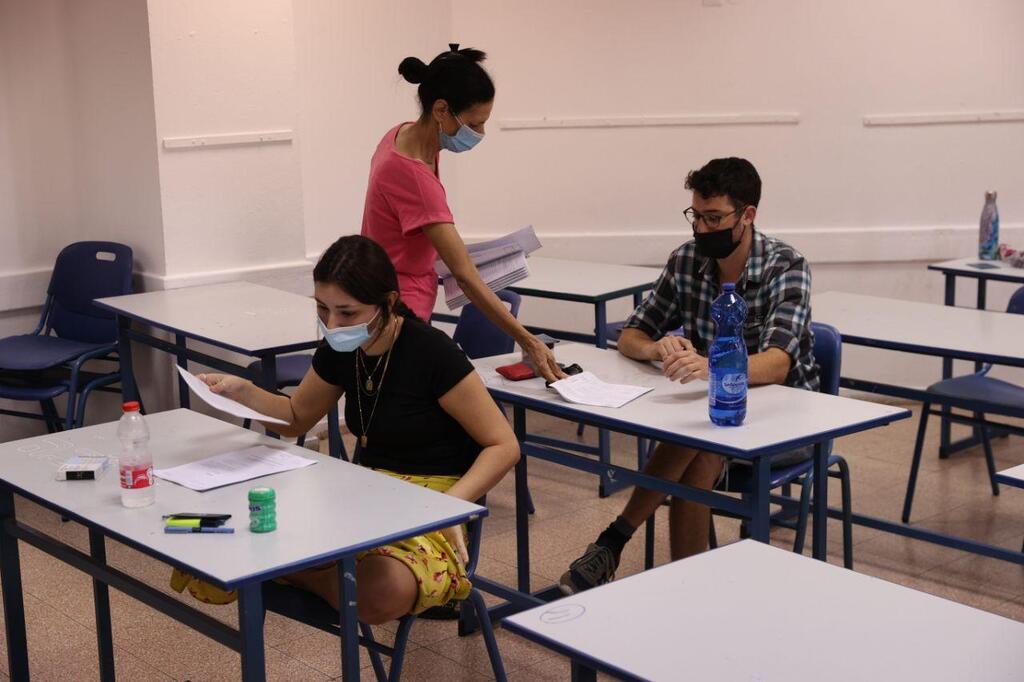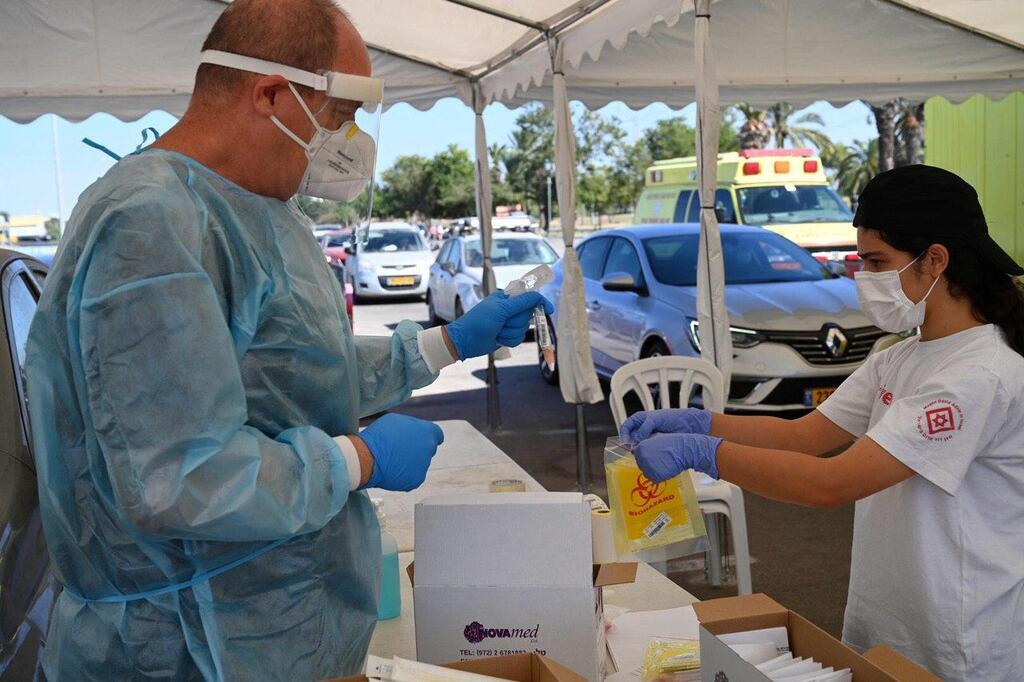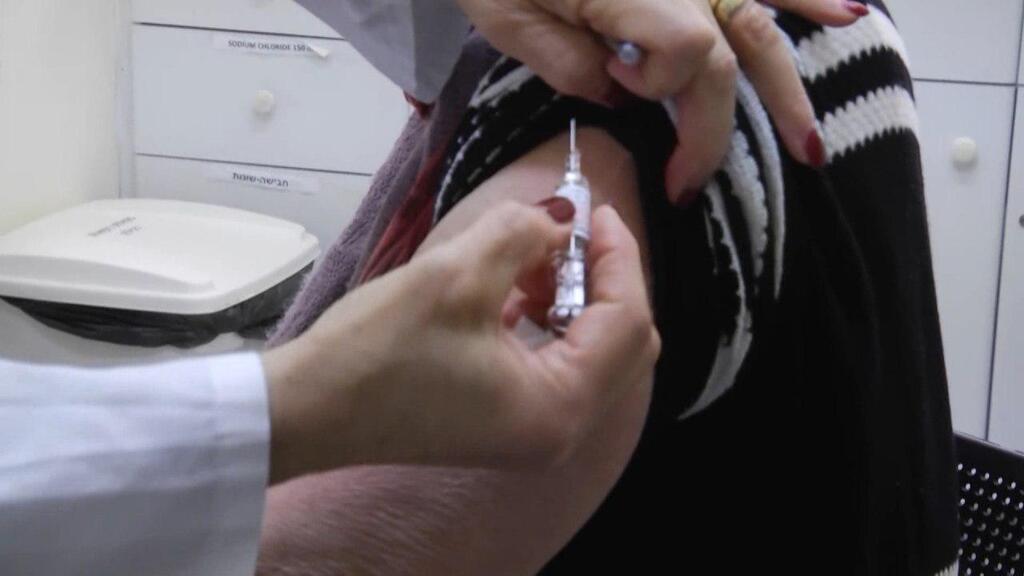There are significant deficiencies hampering Israel's response to the coronavirus pandemic, according to a report published Monday by State Comptroller Matanyahu Engleman.
The report, which mainly focuses on the period between July and September, examines the country's efforts in education, testing, contact tracing and preparations for the upcoming flu season.
However, the paper completely ignored the government's decision-making during that period, chief among them of Prime Minister Benjamin Netanyahu.
In addition, there was no mention of a host of lawmakers and state officials who had flouted coronavirus restrictions.
The report focused heavily on testing and contact tracing.
The paper said the Shin Bet's phone tracking efforts failed and resulted in hundreds of people being forced to enter quarantine without ever coming in contact with a virus carrier.
The report also stated that the use of the security agency's advanced technological means may have compromised them in case they will be needed for future use.
The state comptroller also found the Health Ministry's contact tracing apparatus to be highly inefficient.
According to Health Ministry data cited in the report, as of August 25, out of 106,888 epidemiological investigations conducted for confirmed virus carriers, 5,622 were not completed.
Over 61% of patients were not contacted and the rest refused to cooperate or were not found.
According to an examination of a random sample of 76 epidemiological investigations conducted in the Jerusalem district in June and July 2020, some 64% of them began after four days or more following diagnosis. Also, 22 of those investigations only recorded family members with whom the patient came in contact.
The report also noted a severe lack of manpower to properly conduct the investigations.
5 View gallery


IDF Home Front Command soldiers conducting epidemiological investigations
(Photo: IDF Spokesperson's Unit)
Although IDF Home Front Command soldiers have been bolstering the Health Ministry's ranks since September, the contact tracing apparatus is not expected to become fully operational before November.
A recurrent problem throughout the pandemic has been the long wait time for coronavirus test results and contact tracing.
The report also found that the country's health maintenance organizations [HMOs] are ill-prepared to meet the Health Ministry’s testing quota.
The report noted that 74% of people get their test results only after more than 36 hours, out of which, 33% get their results after more than 72 hours.
The Health Ministry purchased 2.4 million serological testing kits - which are used to examine the presence of coronavirus antibodies in a person's blood - at a total of NIS 112 million but the ministry plans to perform only 300,000 serological tests and has no plans to use the remaining 2.1 million tests.
5 View gallery


Students in central Israel taking their finals during the coronavirus pandemic
(Photo: Moti Kimchi)
The report also noted that the Education Ministry has no outline for teachers or students that need computers or better Internet services to fully partake in distance learning.
According to ministry data, some 135,000 Israeli students have no access to either a computer or the internet.
About 44% of ultra-Orthodox elementary school students did not own a computer and 74% had no access to the internet while 38% of Arab school-age students did not have a computer or access to the internet.
The state comptroller also stated that Israel is still not prepared for the upcoming flu season in the winter.
According to a preliminary review, the state has yet to stock up on 3.4 million flu shots needed for the upcoming winter.
The report has also found that the Health Ministry concealed information about their efforts to make people and staff safe to receive their shots at clinics and hospitals.




